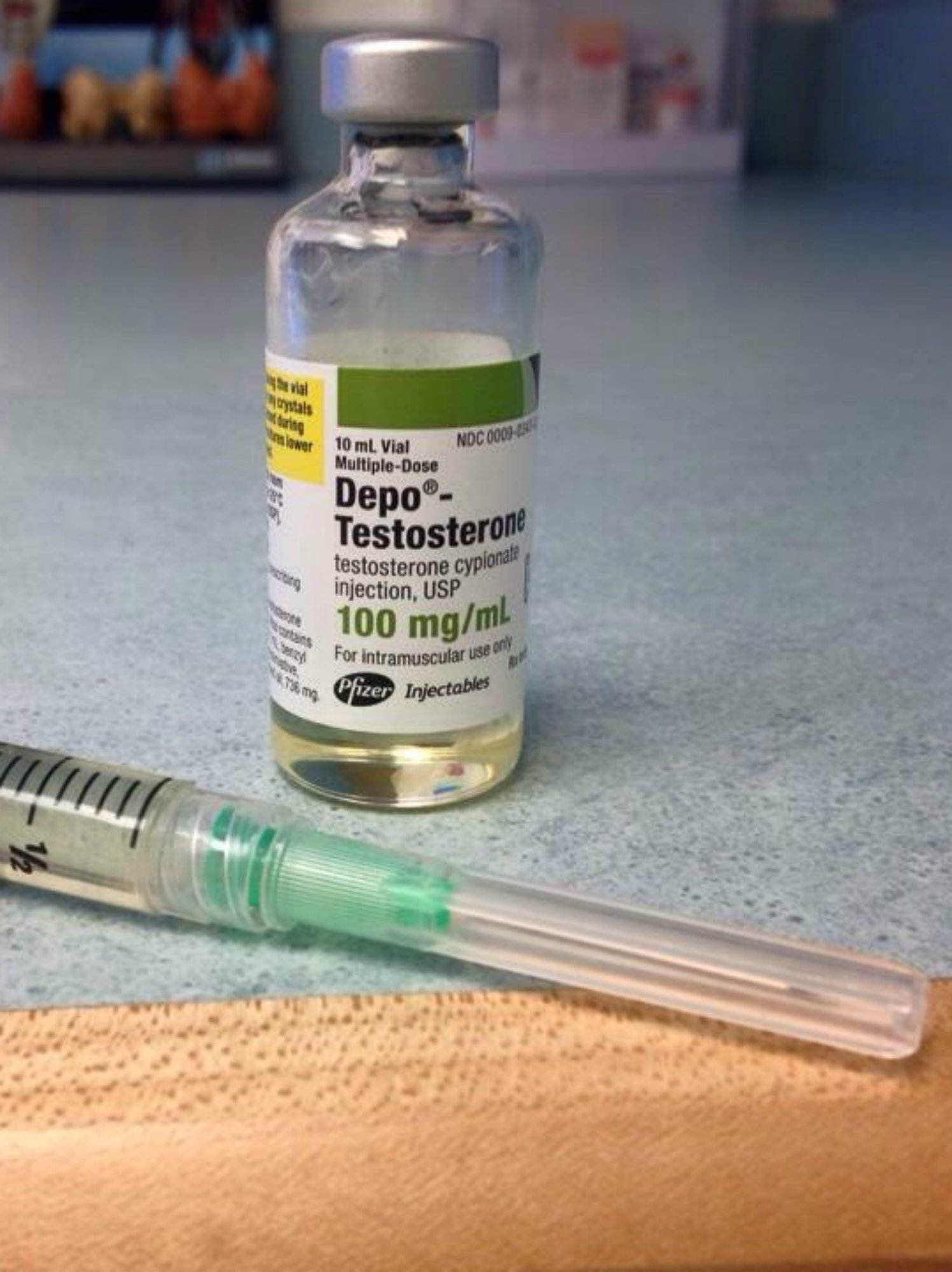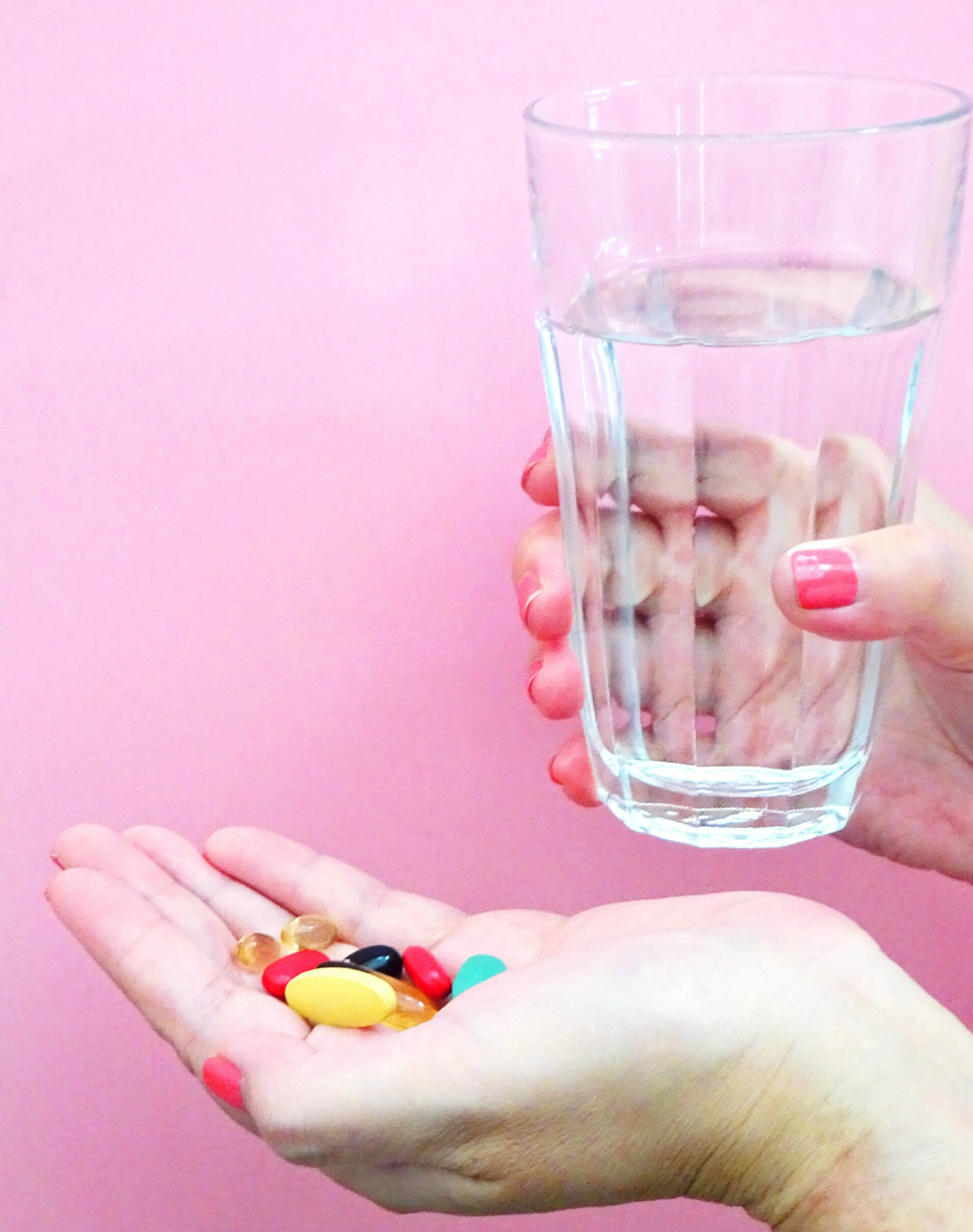
Dancing

Regular physical activity of any kind has anti-aging effects on the brain. But a recent study found that dancing had the most profound anti-aging effect. The study involved elderly subjects, but the fact is there's much we can do before qualifying for senior discounts to keep our minds young.
Cut Back on Sugar and Carbs

Brains need sugar to function, but too much added sugar in the foods you eat can impair brain function. Too much sugar keeps the brain from producing "brain-derived neurotrophic factor," which is crucial for forming new memories. This means we not only can't remember the grocery list or your kid's new friend's name, but you also can't learn very well—all symptoms of an aging brain.
Drop a Few Pounds

Studies are beginning to show a causal connection between obesity and diminished brain function. Researchers still aren't sure what the connection is, but optimizing your brain's health and reversing or slowing the impacts of an aging brain might be a good incentive for losing weight.
Manage Your Hormones

Hormone production slows as we age and this, crucially in terms of brain aging, includes estrogen. Maintaining or boosting levels of estrogen can slow or reverse what age has diminished.
Up the Zinc

Zinc is an element in the building blocks of many proteins, including ones in brain tissue. While research has yet to conclude that zinc supplements will stop or reverse symptoms of aging brains, some studies have shown that this mineral has some potential.
Cut Back on Alcohol

Bad news for those drinking wine for heart health. A new study found that, as we age, drinking even moderate amounts of alcohol may shrink our brains by the time we're officially old.
Add Magnesium

One form of magnesium, L-threonate, has been found to increase levels of this important mineral in the brain. It may also improve brain function, according to recent research published in the The Journal of Neuroscience, which found that it shows potential for treating memory loss and the kind of impairment associated with Alzheimer's disease.
Exercise

Regular physical activity is one of the best, cheapest, least controversial and mostly proven ways to slow and sometimes reverse the brain's aging. In studies, those subjects who reported more physical activity also scored higher on cognitive tests. Exercise delivers oxygen to the brain, helps with depression (which, in turn, gets you out the door to do more exercise) and boosts your positive outlook, also a good thing for the brain.
No More Processed Food

Processed foods don't deliver the kind of good nutrition and antioxidants that fresh, nutrient dense foods like vegetables, fruits, whole grains and some meats and fish. What's more is they put a lot of junk into your body that gets broken down and circulated, including to the brain, causing inflammation. Cutting back on packaged foods, even those purporting to be healthy, can go a long way in brain health. What's more, it leaves more room in your appetite for the good stuff.
Fish and Fish Oil

Research shows over and over that fish rich in omega-3 fatty acids, like mackerel, salmon, anchovies and sardines, are great for brain health in terms of slowing the aging process and building up strong neural networks. What's not been successfully shown is the benefit of fish oil supplements. To keep your brain healthy and even reverse signs of brain aging, eat the real thing, not the distilled version.
Quit Smoking

Quitting smoking is one of the best moves you can make for your health. It's also a favor to your brain. Studies show that quitting smoking lowers your risk for stroke, an increased risk the longer we live.
Sleep

New science on sleep has found a difference in how older brains and younger brains form long-term memories, and it all has to do with how well the subjects sleep. As we get older, we become more vulnerable to sleep disruptions, which causes our brains to take different steps in forming long-term memories. Getting good sleep, no matter what your age, can help delay these sleep changes that are common in older people, thereby keeping the brain functioning in a more youthful manner.
Get Quality Sleep

In addition to getting enough sleep, the brain needs quality sleep. This means setting up your sleeping area to be maximally conducive to a good night's rest—no interruptions, comfortable surroundings, a bed that's right for your needs.
No More Trans Fats

Trans fats, which are easily avoidable these days (just make sure you're reading labels!), can do a lot of damage all over our bodies, including our brains. Staying away from these highly processed fats keeps your body healthy and also means you're not causing brain inflammation, messing with hormone production and reducing serotonin production (leading to depression).
Try Intermittent Fasting

Early studies have shown promise in reduced calorie intake and also intermittent fasting in positively affecting brain health and slowing aging. Intermittent fasting restricts the hours during which you eat each day to between six and eight. Giving the body a break in digestion and insulin production may also stimulate production of certain protein elements and antioxidants, among other factors.
Stop With the Testosterone

Testosterone therapy has been used to boost cognitive function, among other benefits, but there's scant evidence that it works. But too much testosterone can, among other things, raise your risk for high blood pressure, which diminishes brain functionality.
Consider Supplements

Not all supplements, such as ginko biloba and certain B vitamins, which claim to reduce or reverse cognitive decline, have proven to be effective. However, some studies have shown promise in taking vitamin E supplements for support of good cognitive health.
Stay Positive

Happiness isn't a cure, but building strong social networks and generally having a positive outlook have been shown to boost brain health and keep the brain functioning as if it were younger. This may be the result of a life spent mostly satisfied, but it wouldn't hurt to shift your attitude, just in case positivity is some day found to be a cure.
Let Go of Guilt

Unresolved guilt causes the brain to produce higher levels of cortisol, the "fight or flight" hormone, which has been shown to damage brain cells over the long haul. Letting go of guilt brings cortisol production levels back down to normal, eliminating this factor for unnecessarily aging the brain.
Do. Not. Retire.

Sure, punching the clock year after year can be a drag. But retirement has some surprisingly damaging effects on the body, including your brain. Studies show that putting off retirement has benefits. But only on the condition that you love your job.




